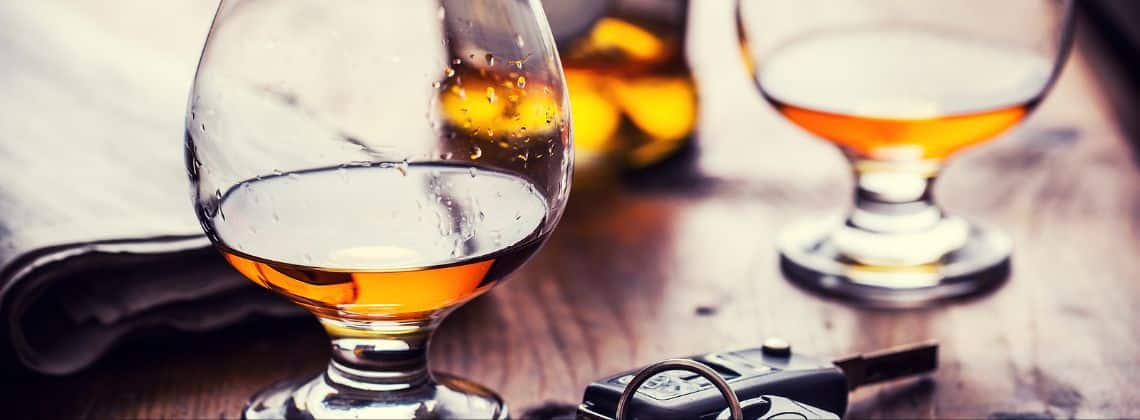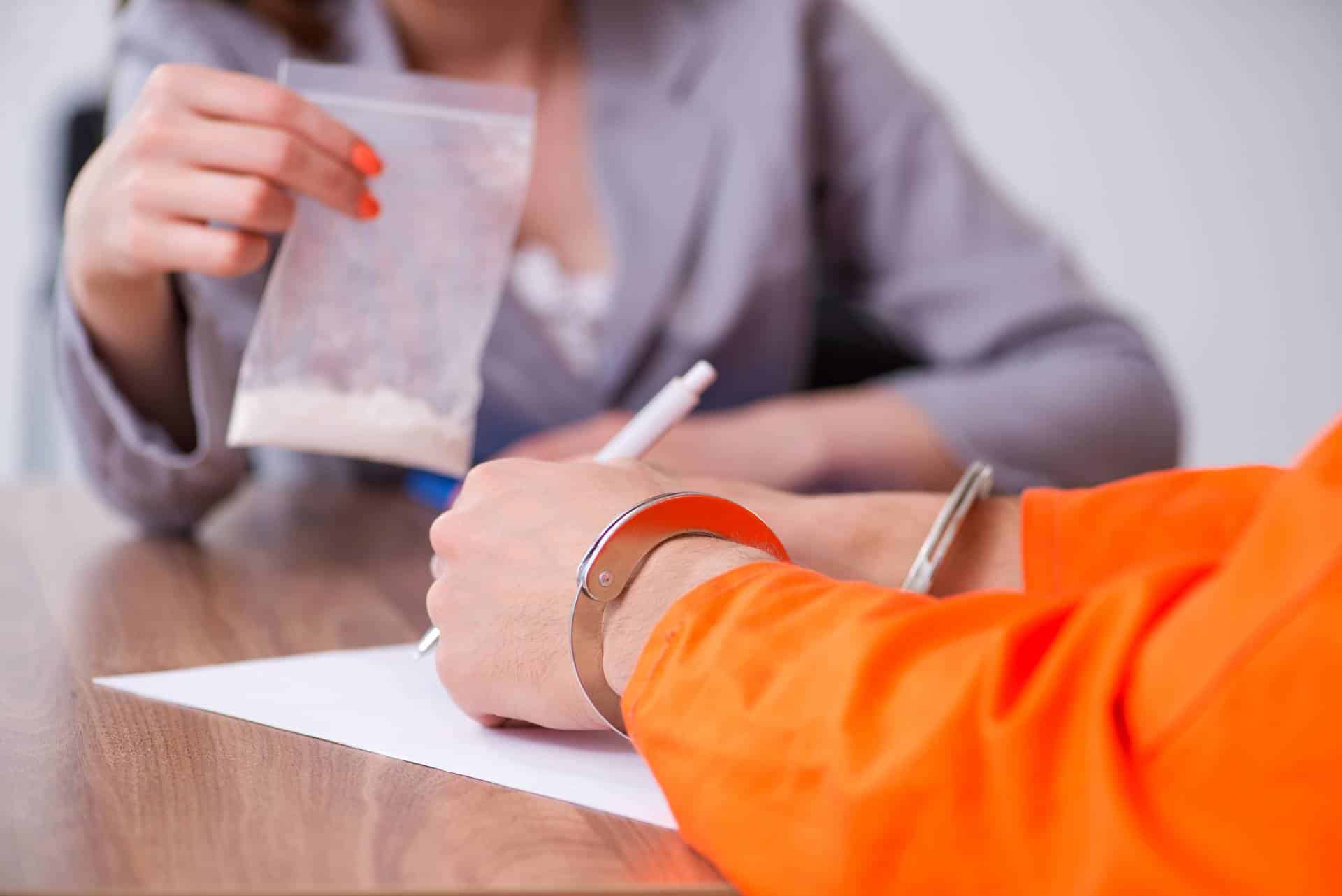Typically when a police officer pulls you over for driving under the influence of alcohol or detains you, he is likely to ask you to submit a breath or blood for an alcohol test. What should you do when a situation like this?
It is better for you if you agree to take the blood or breath test. Alcohol test refusal is also an offense, and can come with severe penalties attached. Before you understand the consequences of refusing to take a breathalyzer test, you must first understand what blood-alcohol concentration is.
What is Blood-Alcohol Concentration?
Blood alcohol concentration refers to the amount of alcohol in a person’s blood. When you talk about a blood-alcohol concentration of .10%, it means that your bloodstream contains one part alcohol for every hundred milliliters of blood. In Colorado, the maximum legally permissible blood-alcohol concentration that you can have in your body while driving is .08%. When you’re out at a party having a few drinks, it is easy to forget that just a few alcoholic beverages can spike the alcohol content in your blood to dangerously high levels, causing you to fail a breathalyzer test or a chemical test.
Typically, blood-alcohol concentration levels can depend on a number of factors, including the number of standard drinks that you have had. For instance, one 12 ounce glass of regular beer could contain .5% alcohol, while a 17 – ounce glass of malt liquor, can contain 7% alcohol.
Apart from the number of alcoholic drinks that you have consumed, the blood-alcohol concentration in your body can also depend on the time period within which these drinks are consumed, your body weight, and gender. The type of food that you have consumed with your drinks can also affect your BAC level to some extent.
Be a responsible drinker, and monitor the changes in your personality, judgment, coordination and other abilities after having had a few drinks. With a blood-alcohol concentration point of between .02% and .04%, you may feel mildly relaxed, a little lightheaded, and you may find your inhibitions dropping. When the BAC reaches .05% to .07%, you may begin to develop that warm and relaxed feeling, become bolder, more outgoing, and may experience mild euphoria.
When the blood-alcohol concentration exceeds .08%, you may become aggressive and believe that you are much more sober than you really are. Your speech will begin to slur, and you may lose your sense of balance. Your judgment skills will be affected. When blood-alcohol concentration levels are at these levels, it is common to find persons becoming more sexually belligerent and aggressive, or losing their ability to appropriately judge sexual situations. These are the kind of changes that you need to look out for while drinking. If you notice these changes, it’s best to avoid getting behind the wheel.
Penalties For Refusing to Take An Alcohol Test
It’s one of the more distressing situations for motorists. When a Denver police officer pulls you over, and asks you to step over to test for DUI, what do you do? Do you agree to take the test, thereby possibly providing the officer proof of your intoxication, or refuse to take the test?
Colorado has express consent laws for alcohol testing. That means that if an officer pulls you over because he has reason to believe that you are driving under the influence of alcohol, then it is considered that you have consented to an alcohol test. This test will involve a chemical test of your blood or breath to determine the alcohol concentration in your system.
Technically, you have the right to refuse to take a chemical test, like a blood test or a breath test. However, there are strings attached. The state has a law that if a person refuses to submit to a blood test or breath test, he is automatically subject to a fine, and has his license suspended automatically. Basically, if you are driving a vehicle anywhere in Colorado, it is implied that you have given consent for a chemical test. Therefore, there are serious consequences to alcohol test refusal in Colorado.
If this is the very first time that you have refused to take an alcohol test, then you will lose your license for a period of one year. You may also be sentenced to up to 5 days in jail in the case of DUI, or two days in jail for DWAI, or driving while impaired.
If this is the second time that you have refused a test, you will lose your license for a period of two years, and may have to spend up to 10 days in jail in the case of a prior DUI, or seven days in jail in case of a prior DWAI conviction.
If this is the third time that you have refused to take an alcohol test, then you will lose your license for a period of three years.
However, if the police officer asks you to undertake a field sobriety test, then you can decline the test. Typically, Denver criminal defense lawyers find that most people fail these tests. Therefore, you can go ahead and decline a sobriety test. These tests are not mandated under Colorado law.
Denver DUI attorneys know that it’s tempting to simply refuse to take the test, especially if you have been driving after having had a couple of beverages. If you’re not entirely sure if you will clear the test without any problem, it might seem tempting to refuse. If you refuse to take the test, there will be no concrete evidence that you were driving under the influence. Your test results are the most important piece of evidence that prosecutors will have against you. However, there may be other reasons the police officer has to believe that you were driving under the influence of alcohol. Further, your refusal will not look so great to a jury which will automatically assume that you refused to take the DUI test, because you were driving under the influence of alcohol.
If you have been arrested for driving under the influence of alcohol, speak to a Denver DUI lawyer immediately, and begin working on your defense. A lawyer may be able to get charges dismissed or lowered.





